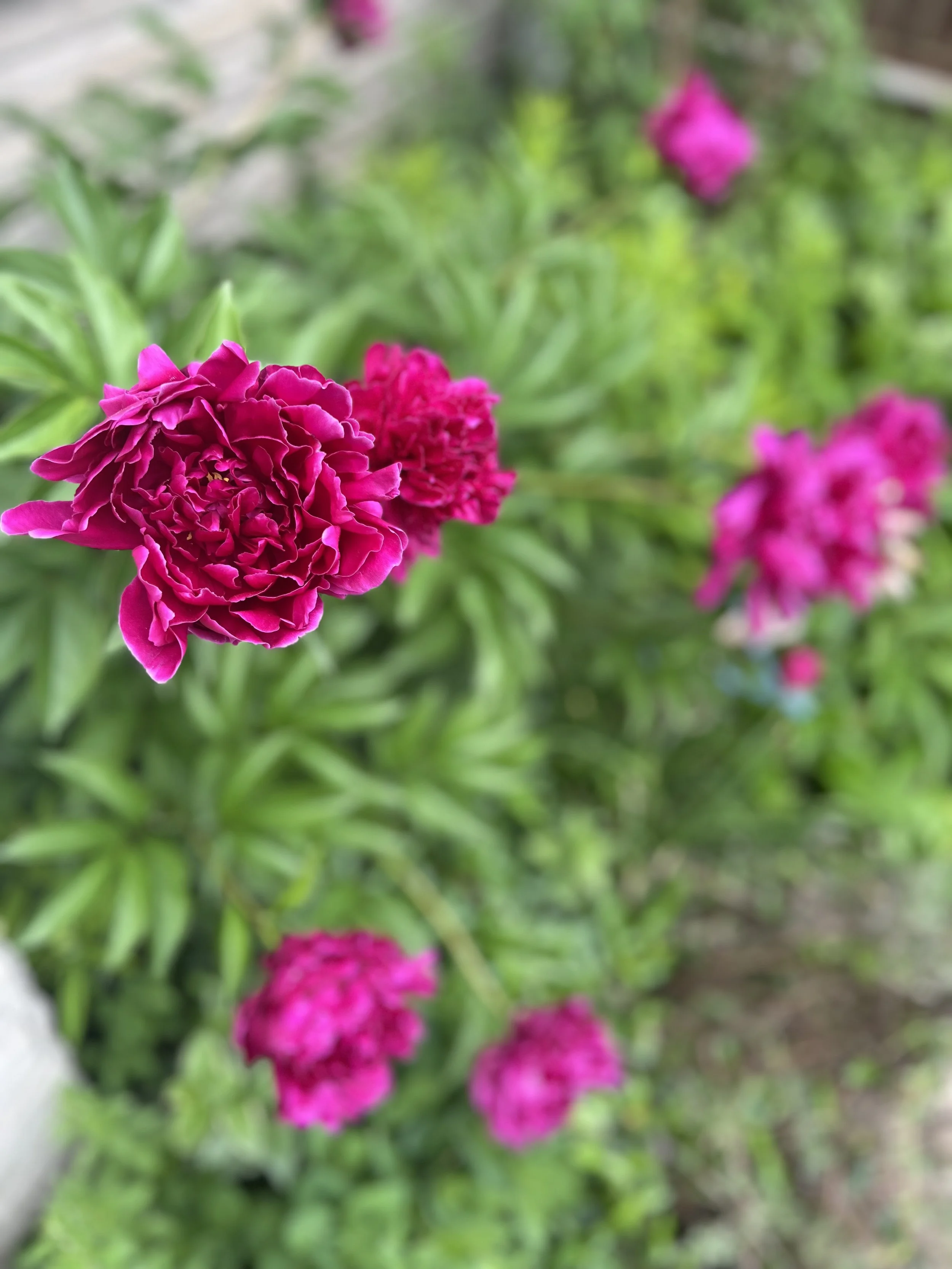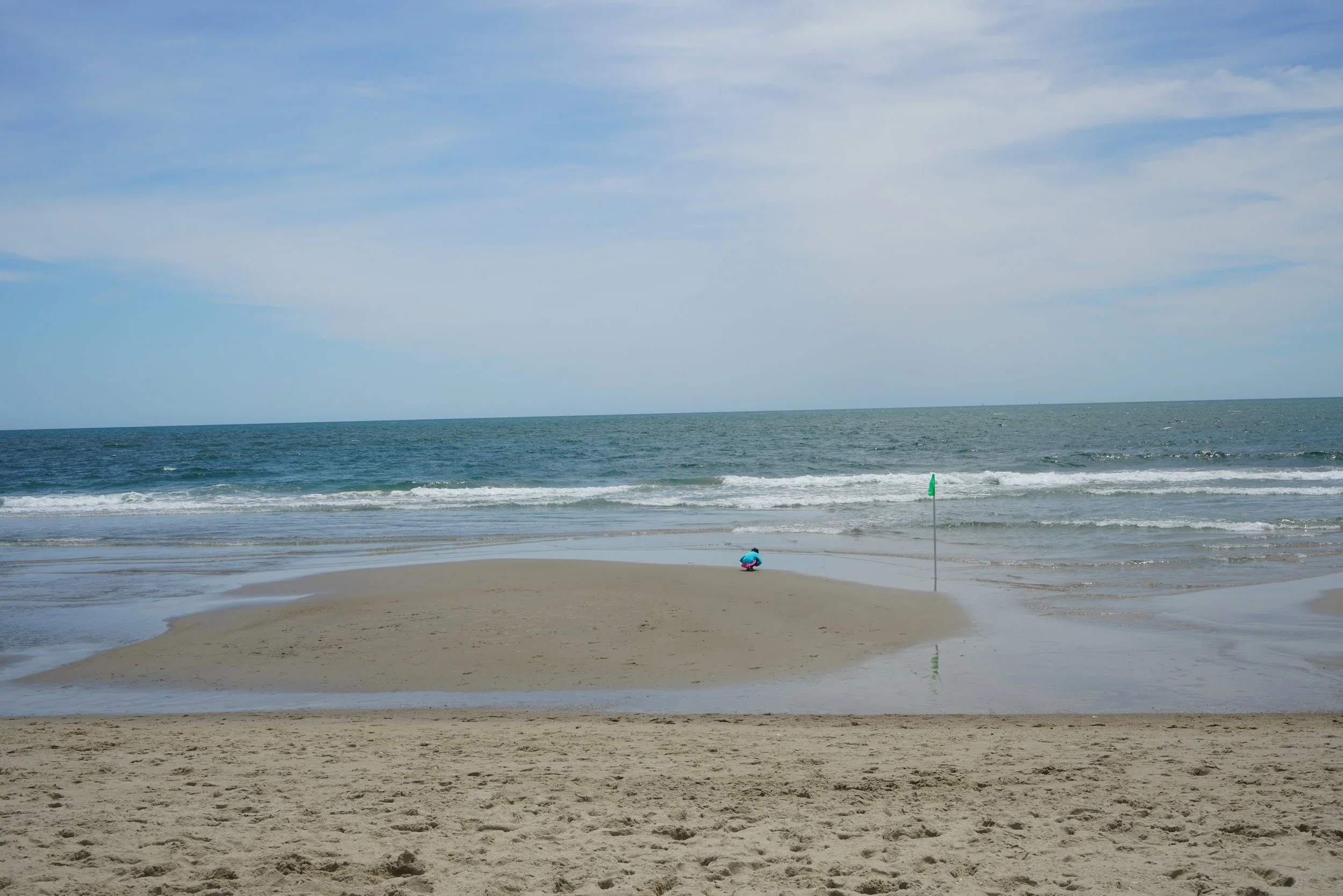Gratitude
/How are you?
I greeted a member of my work family. For the sake of his privacy, I will call him Arthur. I asked how he was that day. His reply was “okay.” My response was “just okay?” There was nothing, in particular, wrong. There was nothing notably good. Arthur was adamant that okay was reasonable, in fact, truthful.
I am great. Thank you for asking
My response on any given day is usually one of the following: good, excellent, great, fantastic, or no complaints. Art goes on to tell me that my reply was inflated. I denied artificial inflation. Finding this unbelievable, Art asked me to quantify my mood. I was reluctant to put an objective measure on my response but I acquiesced and I gave a range of 8-9/10. Incredulously he asked "on a daily basis?" Art stated that this was impossible. He told me that my emotions were misguided. He believes that my 8-9 was probably a true 5. He cited a number of external factors that could invariably affect anyone's mood. Art stated “it’s raining.” I tell him it is good for my garden. Art states “it is cold.” I tell him that living things need a period of dormancy to restore vital components for growth.
It is, indeed, true. I find joy daily. Is every day perfect? Nope. Absolutely not, but we must try to see the potential. Am I perfect? Hardly! We must try to embrace our lot of imperfections as they make us each unique. Is there plenty to complain about? Sure there is. Nonetheless, we should make an active choice to focus on the positive. We each have many things to be genuinely happy about.
We live in a culture of abundance. So much so that we tend to overlook our fortune. It started to write down a list of things that I was thankful for and I found myself thankful for many creature comforts. I am sincerely grateful for these comforts but without notice, any one of these things could be lost. I was brought back to basics.
First World Problems
For one, I am grateful for access to clean running water and food available for my sustenance throughout the day. There are hundreds of millions of people on this earth that do not have access to either. A few weeks ago when I wrote about water, I realized disturbing news. While I am worried about drinking filtered or bottled water, according to the World Health Organization (WHO), there are people on this earth whose only water supply is contaminated, most notably, with feces and people are dying. That should put things into perspective, no? If you need to be convinced further, the WHO jointly released The State of Food Security and Nutrition in the World in September. In short, it reports that world hunger is on the rise for the first time in a decade and that 815 million people were affected in 2016.
National Gratitude Month
There are days when I am asked “how are you” and there is a hitch in my response. In that pause, I am emerging through my momentary angst, acknowledging my blessings, and agreeing that all is well because my concerns in the big scheme of things are notable yet seemingly irrelevant. I have food and water to drink. I have a roof over my head. I have shoes for my feet. I am loved more than I could ever give, but I try. "I am great, thank you for asking." That is my truth.
November is National Gratitude Month and today is Thanksgiving. Each of us has numerous things to be thankful for and we should act, speak and give, accordingly.
“Drinking- Water
Fact sheet
Updated July 2017
Key facts
· In 2015, 71% of the global population (5.2 billion people) used a safely managed drinking-water service – that is, one located on premises, available when needed, and free from contamination.
· 89% of the global population (6.5 billion people) used at least a basic service. A basic service is an improved drinking-water source within a round trip of 30 minutes to collect water.
· 844 million people lack even a basic drinking-water service, including 159 million people who are dependent on surface water.
· Globally, at least 2 billion people use a drinking water source contaminated with faeces.
· Contaminated water can transmit diseases such diarrhoea, cholera, dysentery, typhoid, and polio. Contaminated drinking water is estimated to cause 502 000 diarrhoeal deaths each year.
· By 2025, half of the world’s population will be living in water-stressed areas.
· In low- and middle-income countries, 38% of health care facilities lack an improved water source, 19% do not have improved sanitation, and 35% lack water and soap for handwashing”











Perseverance has a work to do….